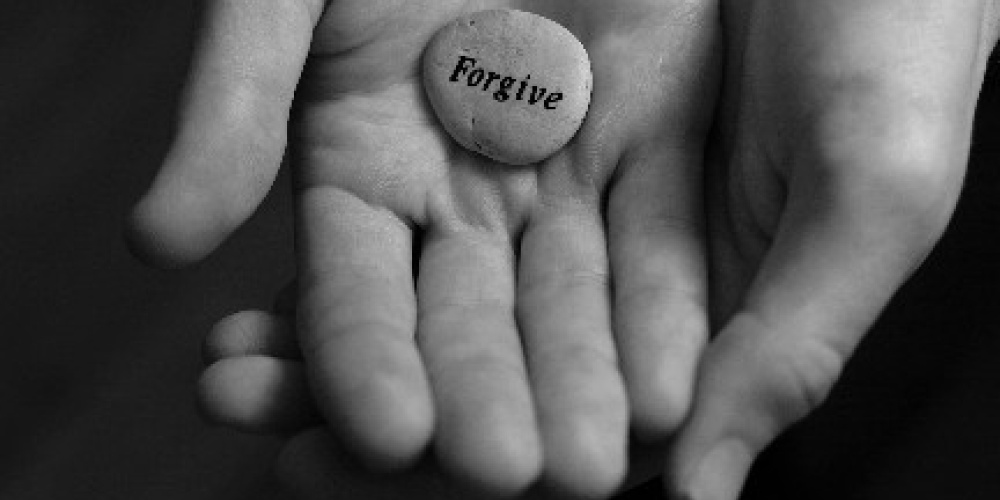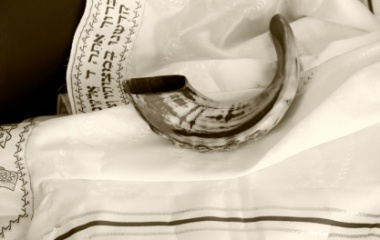
“For the sin we committed by wronging a neighbour, for the sin we committed by bribery, for the sin we committed in our business dealings”. On and on, we list the sins for which we beg forgiveness. And many, perhaps most, of these sins are between man and man—theft, lack of respect for others, gossip and the like.
As our Sages reiterate time and time again, it is the interpersonal mitzvoth that are the most important in the hierarchy of mitzvoth. To cite just one such teaching, the Talmud (Yoma 9b) notes that the sin of not getting along with your fellow Jew is equivalent to the cardinal sins of idolatry, adultery and murder.
Yet these particular al chets seem out of place on Yom Kippur. Yom Kippur is the day on which G-d granted forgiveness for the most egregious of sins between man and G-d, that of idolatry. After the sin of the golden calf, the future of the Jewish people was in doubt; only through the heroic efforts of Moshe did G-d forgive us on Yom Kippur, establishing this day as the one each year where have an opportunity to be granted forgiveness for our sins.
Yet G-d can only forgive sins between man and G-d. Sins between man and man are not within His domain to forgive; only by appeasing our fellow man can we gain atonement for such sins. “Rav Elazar ben Azariah taught: ‘From all your sins before the Lord shall you be clean’ (Vayikra 16); sins between man and G-d Yom Kippur atones, sins between man and man Yom Kippur does not atone until one appeases his friend” (Yoma 85b).
Furthermore, the Talmud explains that sins between man and G-d that carry the punishment of karet (excision), such as sexual immorality or even violation of Shabbat, require some form of pain and suffering in addition to Yom Kippur (Yoma 86a).
Why, then, do we spend so much of our time asking for forgiveness of sins for which Yom Kippur does not actually grant forgiveness? The answer, it seems to me, is as profound as it is simple. Yom Kippur is not really about Yom Kippur. While it is the culmination of a forty-day period of introspection and the climax of the aseret yemi teshuva—a day of pardon, forgiveness and atonement—Yom Kippur, most importantly, is a day of inspiration. If we are the same people on the 11th of Tishrei that we were on the 9th, something is amiss.
Yom Kippur is concerned less with the past, and more with the days and months after Yom Kippur. We are praying less for forgiveness for what we have already done, and more for inspiration for what we are to do. Rabbi Menachem Leibtag put it best when he said that what we do between Yom Kippur and Rosh Hashanah is more important than how we act between Rosh Hashanah and Yom Kippur. Yom Kippur cannot atone for sins between man and man, but it can inspire us to seek reconciliation with our fellow man.
And in this, our role model is G-d Himself. Despite the sin of golden calf, it was G-d who reached out to man, on the day after the first Yom Kippur, instructing man to built a mishkan to house the Divine presence.
“There is no righteous person in the land who does not sin”. All of us have relationships that can use improvement, whether with members of our family, friends and former friends, colleagues, or people we daven with (or people we won’t daven with). And perhaps it’s not our fault; perhaps it is others who have wronged us. Yet as we end the amidah at Ne’ilah, as the gates are closing, we proclaim, “You give your hand to sinners and Your right hand is extended to accept penitents”. If G-d can reach out to man—to those who sin—surely, we can do the same. May Yom Kippur inspire us to do so.



